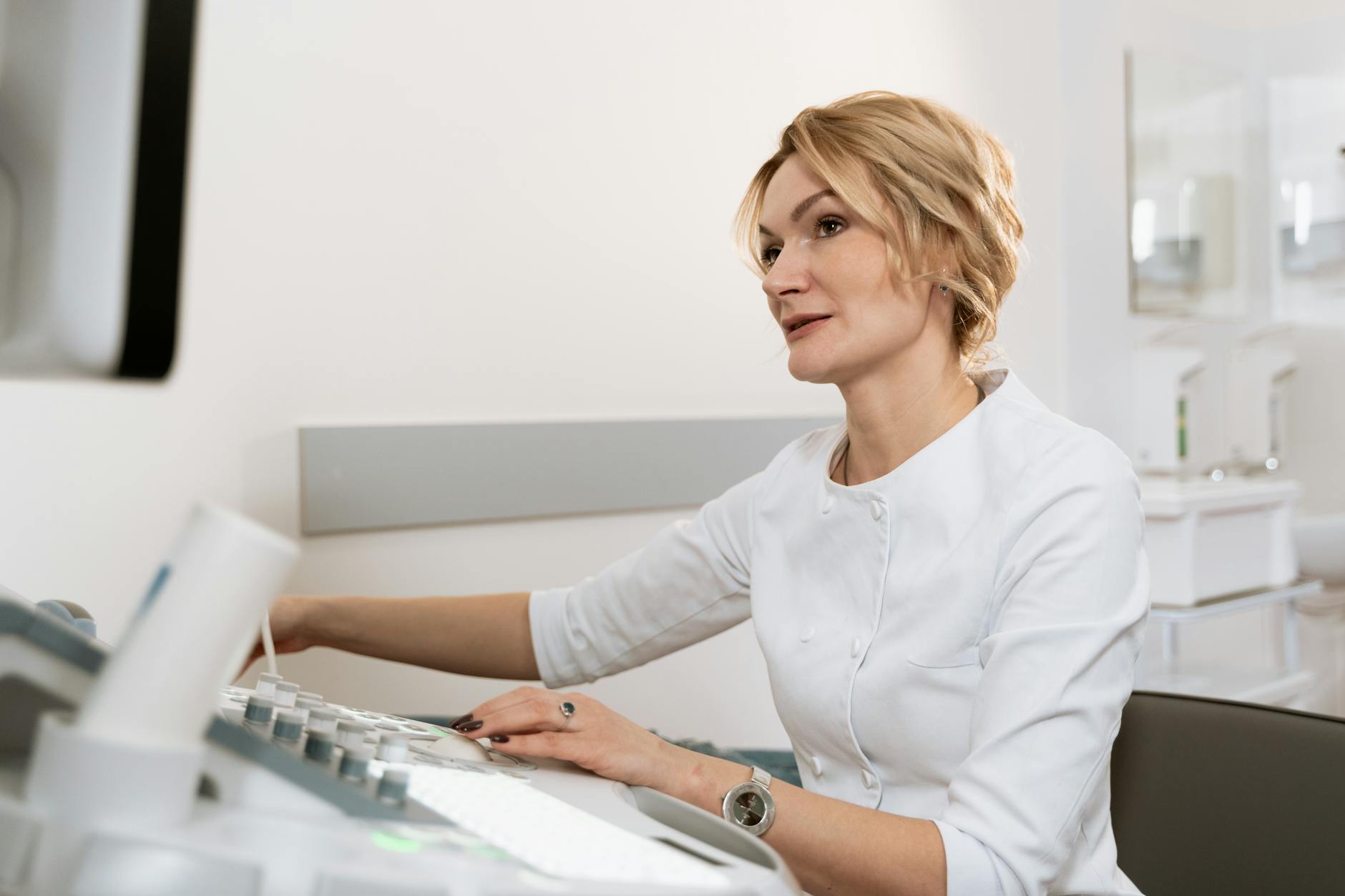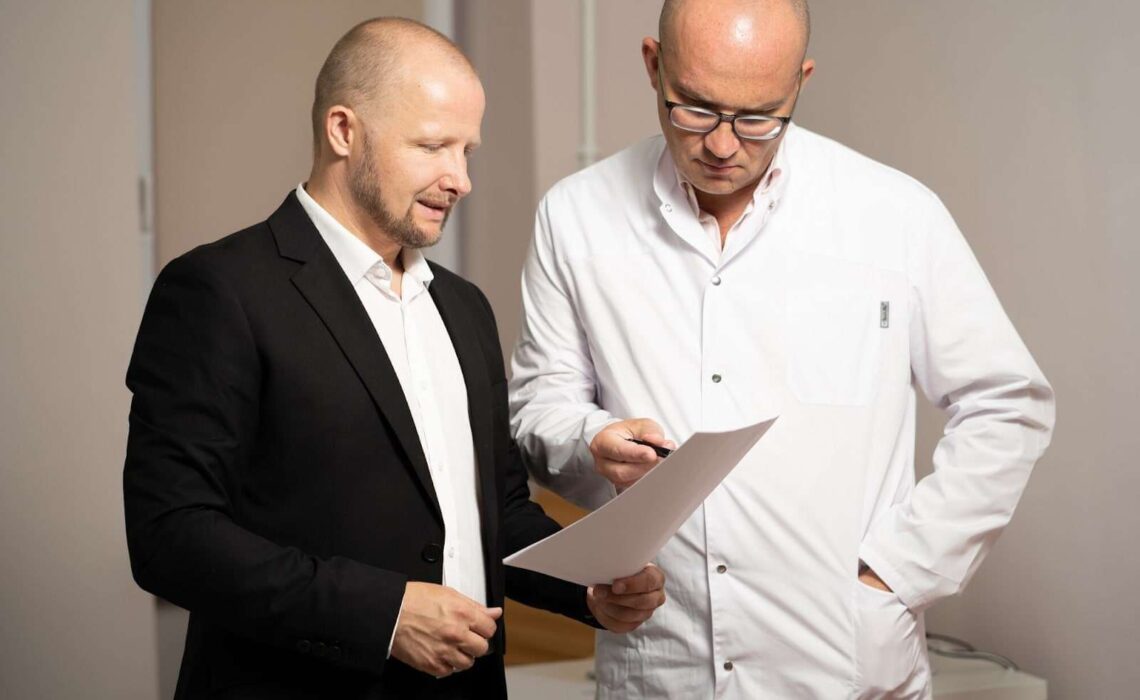By 2025, the global market for medical devices will reach more than $610 billion.
The prevalence of chronic conditions is one reason cited for the growing demand for medical devices. Another reason has to do with the expanding population of seniors. The increasing complexity of medical and surgical treatments is also a factor.
Now, if you’re thinking about pursuing a career in the medical device industry, the good news is there are many fields you could get into. These include quality assurance, manufacturing, research and development, sales, and so on.
One job you might find interesting is that of a medical device consultant. That being said, let’s talk about what medical device consultants do, plus tips on how to become one.
What Does a Medical Device Consultant Do?
A medical device consultant’s work involves regulatory compliance, risk reduction, and market expansion.
With regulatory compliance, medical device consultants have to streamline the FDA approval process. Remember, the longer it takes for a medical device to get approved, the more it costs the company that developed it. Experienced medical device consultants secure timely approvals, even when submission requirements change.
As for risk reduction, medical device company advisors keep up to date with the latest industry news. In case a medical device gets recalled, they’re prepared to respond and manage the problem before it becomes a full-blown crisis. They’re also ready to deal with fines, penalties, and potential criminal or civil action lawsuits.
Last but not least is helping medical device companies that want to sell their products to other countries. Consultants have to be ready to prepare technical files. They must also prepare to submit other documentation that will facilitate approval.
How to Become a Medical Device Consultant

One of the qualifications to be a medical device consultant is a bachelor’s degree. However, some medical device companies prefer to hire those with a master’s degree or those with a doctorate in a related field.
Let’s say you have a doctorate in bioengineering. A company specializing in orthopedic devices will most likely think you’re a good fit for them.
Even if you don’t have a master’s or a doctorate, though, don’t worry. You could still become a medical device consultant if your previous job is in R&D (research and development) or a clinical setting.
And if you become an expert on regulatory issues, it could open a career path in legal studies. Some medical device consultants do become regulatory lawyers later in their careers.
Is a Career in the Medical Device Industry Right for You?
Now that you know what a medical device consultant job entails, are you interested in becoming one?
If yes, it’s an excellent career choice. There are sure to be plenty of opportunities for those like you who want to break into the medical device industry since it’s a growing market.
For more career tips and advice, don’t forget to check out our other posts. We also have tons of articles on other topics such as business, tech, and lifestyle.
- How To Create A Safe And Comfortable Home Environment For In-Home Care In Boca Raton? - July 16, 2024
- 10 Trendy Black Nail Ideas To Elevate Your Nail Game - May 6, 2024
- Getting A Free Divorce In Virginia? Here’s What To Expect - April 24, 2024





No Comments